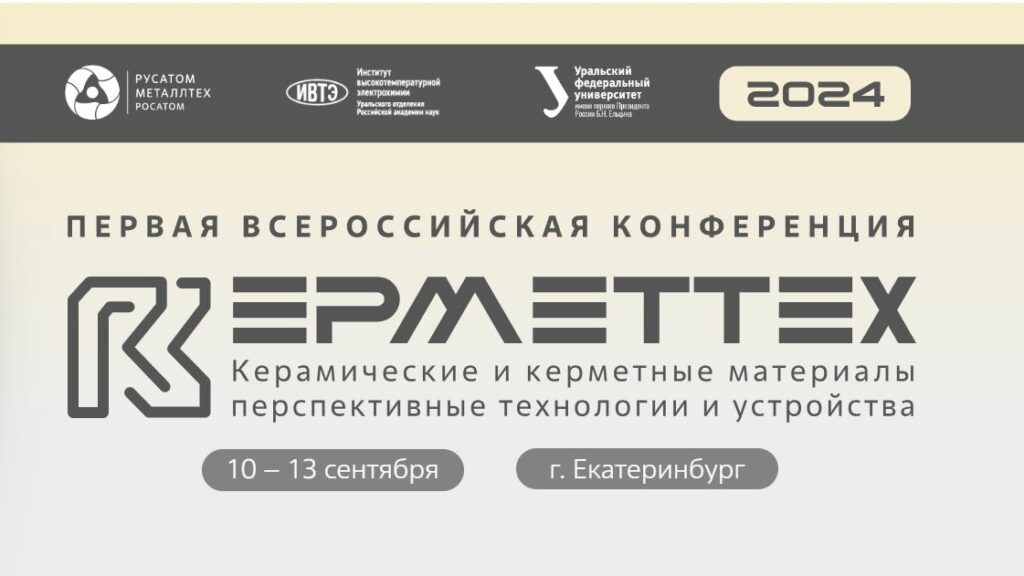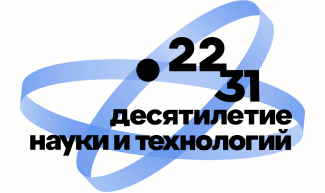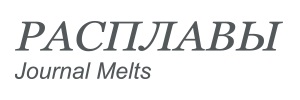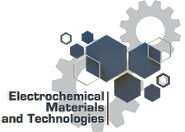The Institute of High Temperature Electrochemistry of the Ural Branch of the Russian Academy of Sciences (IHTE UB RAS) was founded in January 1958 on the base of the Laboratory of Molten Salts Electrochemistry, a worthy part of the Ural electrochemistry research school tradition. Nowadays, IHTE is the only institution that specializes in the field of high temperature physical chemistry and electrochemistry of molten salts and solid state electrolytes. Since the foundation date IHTE has been engaged in fundamental studies focused on creation, development and application of the following:
- Theoretical and experimental foundations of modern physical chemistry and electrochemistry of molten salts and solid state electrolytes;
- Principles of electrochemical processes for the production and physical-chemical analysis of new materials for various applications in corrosive environment and high temperatures;
- Scientific fundamentals of resource saving human and environment friendly technologies for electrochemical processes used for the production, refining, and protection of metals and processing inorganic raw materials;
- Principles for construction of high temperature molten and solid electrolyte devices, which provide the most rational direct conversion of molecular energy into electric power.
Most of the practical applications and projects are developed in cooperation with leading scientific and industrial production companies and research centers in Russia (fuel company TVEL (Rosatom), FSUE (Federal State Unitary Enterprise), RFNC (Russian Federal Nuclear Centre) – VNIITF (Russian Scientific Research Institute of Technical Physics named after academician Zababakhin E.I.), NRC “Kurchatov Institute”, UEChW (Ural Electrochemical Works), SSC RIAR (State Scientific Center- Research Institute of Atomic Reactors), SverdNIIchemmash, Chepetsk Mechanical Works, Solykamsk Magnesium Works, UMMC, Uralelectromed, etc), USA, Korea, Germany, Norway, France, Italy, Great Britain, Spain, and other countries. The Institute intellectual property is protected by Russian and foreign patents.





